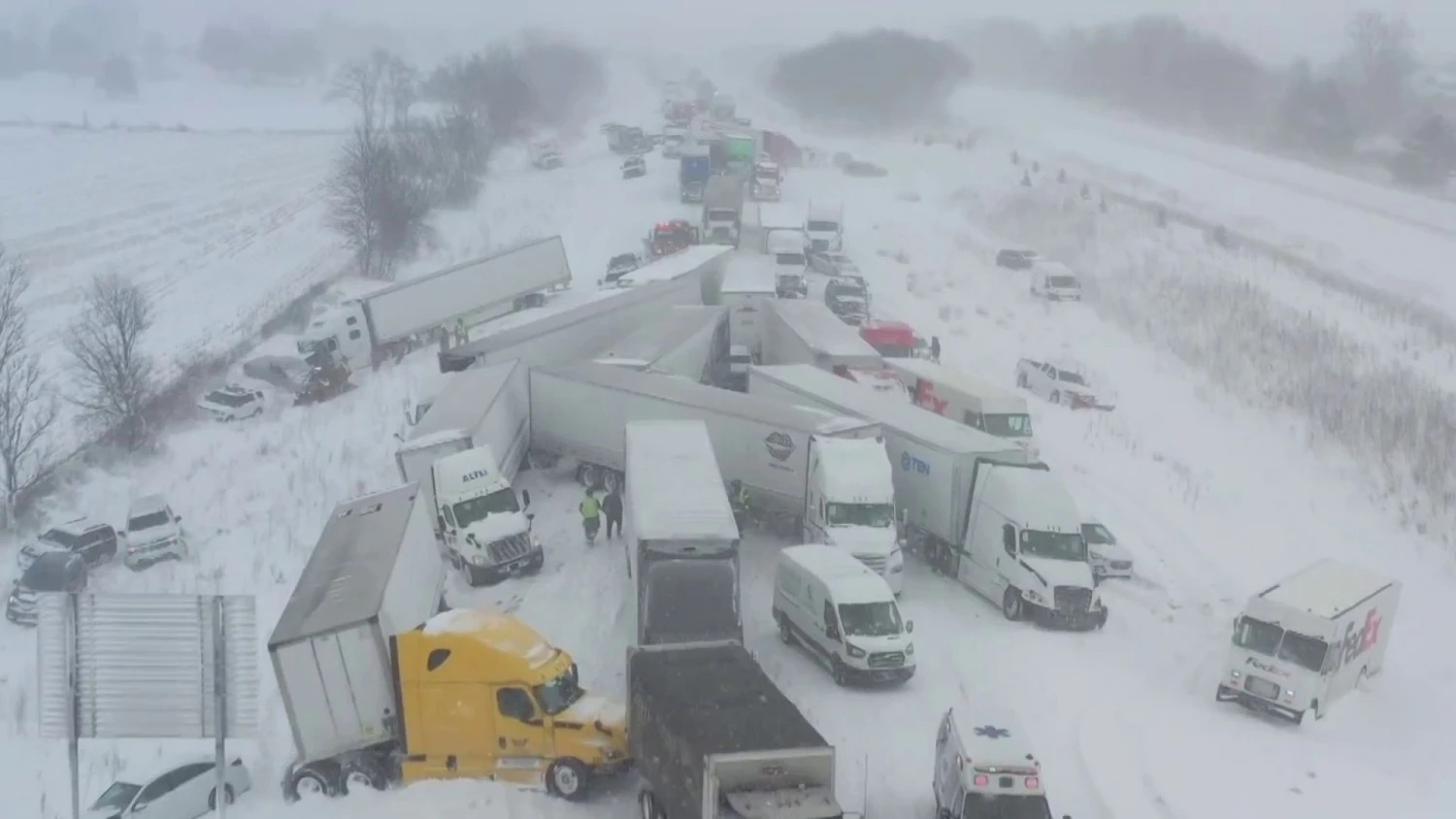CIUDAD JUAREZ, Mexico (AP) — The Biden administration on Thursday will begin denying asylum to migrants who arrive at the U.S.-Mexico border without first applying online or seeking protection in a country they passed through. It marks a fundamental shift in immigration policy as the U.S. readies for the end of a key pandemic restriction.
Asylum seekers have been showing up at the border in huge numbers in anticipation of this week’s end of the use of a restriction known as Title 42. That rule has allowed the government to quickly expel migrants to Mexico. U.S. officials warned of difficult days ahead as the program tied to the COVID-19 pandemic expires this week.
The rule announced Wednesday is part of new measures meant to crack down on illegal border crossings while creating new legal pathways. Families who cross the border will face curfews and monitoring; the head of household will wear an ankle bracelet as their cases are heard within 30 days.
But there’s also a plan to open 100 regional migration hubs across the Western Hemisphere and granting humanitarian parole to 30,000 people a month to enter the country from four countries. U.S. officials have detailed steps they’ve taken, including increasing deportation flights, as they prepare for what many are expecting to be a substantial increase in migrants at the U.S.-Mexico border.
“Our plan will deliver results, but it will take time for those results to be fully realized,” Homeland Security Secretary Alejandro Mayorkas warned.
Many migrants, spurred by concerns that it may soon become harder to stay in the U.S., were trying to cross before Title 42 expires and the new rule takes effect at the end of the day Thursday.
Under Title 42, border officials have quickly returned people — and they did so 2.8 million times since March 2020. But after the restrictions expire Thursday, migrants caught crossing illegally will not be allowed to return for five years. They can face criminal prosecution if they do.
At the Rio Grande in Matamoros on Wednesday, migrants arrived steadily. Many stripped down before descending the steep riverbank grasping plastic bags filled with clothes. They slowly waded into the river as more migrants arrived, some crossing themselves before following the line across the flowing border. One family swaddled a tiny baby inside an open suitcase. A man held it atop his head while another waded beside him as a precaution. Other children rode on shoulders. On the U.S. side they scrambled up the bank, pausing to put on dry clothing, before carefully picking their way through the rows of concertina wire.
In Ciudad Juarez, migrants arrived this week in small groups by train or bus, leaving daily to surrender to the U.S. authorities.




